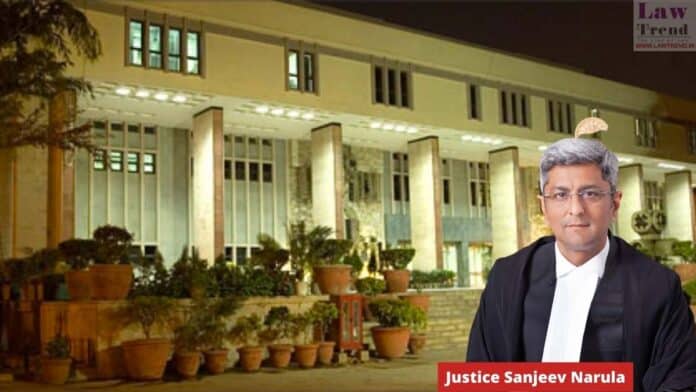The Delhi High Court has directed the Delhi government to submit a detailed report on the staffing, structure, and operational framework of the Delhi Commission for Women (DCW). This directive came as the court heard a plea involving the termination of 49 contractual staff members from the DCW.
Justice Sanjeev Narula mandated that the Women and Child Development department provide a comprehensive affidavit within two weeks. This report should outline the current staff configurations, detailing the roles of both permanent and contractual employees. The court is seeking clarity on how officially sanctioned positions are being utilized, including the extent to which third-party personnel from contractors are integrated into the DCW’s operations.
The matter has been scheduled for further hearing on October 21. The inquiry into DCW’s structure follows allegations of financial and administrative irregularities, cited by the Delhi government as reasons for the abrupt termination of all contractual staff on April 29. The government claimed that the DCW had exceeded its sanctioned staff strength and allocated grants by employing additional officers and launching infrastructural projects without proper authorization.
The terminated employees, through their petition, argue that their dismissal was arbitrary and detrimental to the functioning of critical DCW services such as the rape crisis cell, crisis intervention cell, and anti-human trafficking unit. They contend that they have been instrumental in running these essential services.
During the proceedings, the government’s counsel pointed out that only 40 posts had been officially sanctioned for the DCW and any appointments beyond this number are unauthorized. While she suggested that about eight of the petitioners might be eligible for retention, a final decision would depend on further evaluations.
Also Read
Despite these claims, the high court did not find sufficient grounds to grant interim relief to the petitioners, emphasizing that their employment exceeded approved capacity and lacked proper authorization. However, the court acknowledged the critical role played by the DCW in promoting women’s interests in Delhi and expressed its intention to maintain oversight to ensure that none of the commission’s programs are compromised due to staffing issues.




